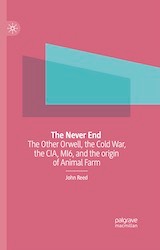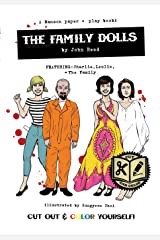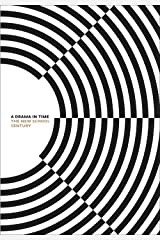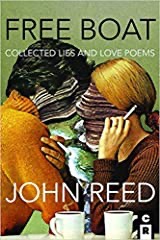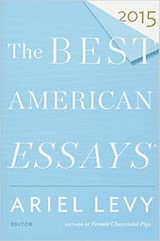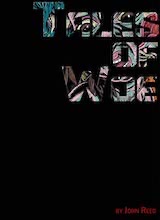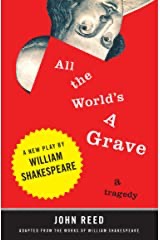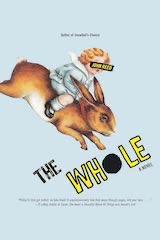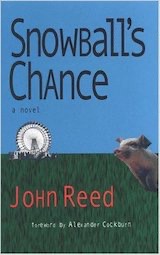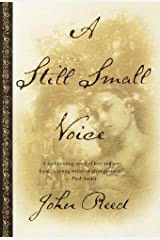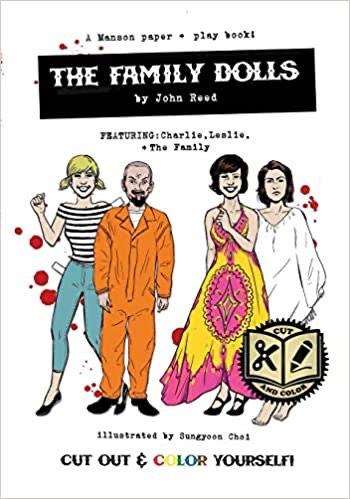OUTPOST19
John Reed's latest is an unexpected adventure: a true-crime paper doll book (color yourself!) of the Charles Manson Family. With Family member Leslie Van Houghten as his principal, Reed delivers perhaps the most cogent unraveling to date of the Manson Family crimes and the American moment that brought them about. And the best part? Reed's participatory history offers over 30 pages of Manson Family paper dolls to readers, Manson obsessives, and aficionados to the oeuvre of paper arts. Leslie, Gypsy, Bobby, Squeaky, Sandra, Sadie, Pat, Tex, Charlie and more; they're all here. Even Henry Kissinger is at the party: you can wear the Henry Kissinger mask or play pretend with a true-to-size Henry Kissinger acid sheet!
At once a craft book, history lesson, and examination of cult fascination, The Family Dolls relives America’s favorite horror story. Set against the backdrop of the ‘60s and ‘70s, Reed timelines the major global events and trends attendant to Manson’s rise: the Vietnam War, the Civil Rights Movement, the “tune in, turn on, drop out” revolution.... With its insistence that history has to be “cut up” (literally vivisected with scissors) to be understood and experienced, The Family Dolls offers an unprecedented education in culture, crime and history.
Originally serialized by Guernica literary magazine in 2016, The Family Dolls picks up the rabble rousing that Reed initiated with his second novel, Snowball's Chance, a 9/11 update of Animal Farm that raised the ire of the Orwell Estate, Christopher Hitchens and the Right Wing. Reed’s Tales of Woe (MTV Press) is an illustrated compendium of sickeningly depressing real-life stories that just get worse, or, as Publisher's Weekly phrased it, stories that are "powerful, disturbing and unforgettably painful." In his essay "My Grandma the Poisoner," Reed remembers his real-life grandmother, who poisoned people, dead. Among other callouts, the Vice Magazine publication was hailed by Longform as #1 Most Entertaining and #8 Most Clicked essay of the year—and landed in Best American Essays, 2015 (Houghton Mifflin).
With All the World's a Grave (Penguin/Plume), Reed fashioned a “new play by William Shakespeare” by taking apart the known works of the bard and reassembling them into a heretofore unimagined, yet satirically familiar tragedy. The work was touted by the New York Post as "the literary trick of the year," and by Spalding Gray as "a shrewd, gutsy remix that brings the conscience of Shakespeare to our troubled times." In the intro/outro to the project, Reed articulated his literary radicalism:
"My first love was literature: even the love of loving literature was achingly seductive… But despite all that love, and the life I've given to books, if I could make one enduring contribution, it would be to assist in the end of literature as we know it. … We have hobbled our culture, and our creative culture, with received wisdoms."
Reed’s aesthetic is as elegant as it is anarchic: a testimony to an East Village childhood (as the son of artists David Reed and Judy Rifka). CBGB’s, underground comix, Punk Rock, No Wave, and the Cinema of Transgression reverberate in his works. In his essay My Gay Uncles (Gawker) he recounts growing up surrounded by the likes of Keith Haring, Jean-Michel Basquiat, and David Wojnarowicz (who Reed writes about in Slate and Out). A staple and authority of the New York City art scene, Reed has also considered the East Village oeuvre in The Golden Age of the Cockroach (Vice) and Crossroads of the (Art) World: the Times Square Show (The Paris Review). A chronic creator, Reed’s collaboration with illustrator Sungyoon Choi makes The Family Dolls an unforgettable mashup of literistic prowess, historical curiosity, and artistic innovation.
John Reed excels in the realm of the strange. —San Francisco Examiner
Outfits and accessories include the dress Squeaky Fromme wore to shoot Gerald Ford, Manson’s “ceremonial vest” made of beads and human hair, and the sword cultist Bobby Beausoleil used to kill a man. Reed fills the spaces between Choi’s illustrations with a free-form history of the Family, up to the Tate-LaBianca murders, interspersed with synchronous events in news, politics, and counterculture. The cumulative effect is of cultural chaos in a divisive and disillusioned America, an environment in which the group mutated from commune to cult. The art becomes progressively more chaotic as well, offering disconnected body parts and absurdist period items like LSD blotter paper printed with the face of Henry Kissinger. —Publisher's Weekly
A caustically brilliant satire ... as brainy as it is base, destructive as it is innovative and sweeping as it is sophisticated. ... A wicked illusionist. —Graham Reed, Los Angeles Journal
A swift and satisfying read, viciously funny. —William Georgiades, New York Post
Some books double as a matchstick: if struck in the right conditions, they can cause a wildfire. —Brett Rawson, The Rumpus
John Reed has been writing hard-to-classify books for over a decade, to great acclaim and sometimes greater notoriety. —Gee Henry, Bomb Magazine
One of the keenest thinkers of our time. —Shathley Q, PopMatters
The Grotesque is alive and well ... a dash of Rod Sterling with a touch of Alfred E. Neuman. —Jesse Tangen-Mill, Rain Taxi
Satire at its most inventive and buoyant. ... It would have made Boris Vian grin and Lewis Carroll blush. —Donald Breckenridge, the Brooklyn Rail
Reed shows real brilliance. —Neil Chethik, Lexington Herald-Leader
Reed has brought music's remix culture to literature with stunning results. —David Gutowski, largeheartedboy
John Reed is as fearless and honest as writers come. —Greg Dybec, Critical Mob
Reed skewers our early 21st century (edgy, tragic, absurd) with a marvelously precise wit. —Faren Miller, Locus Magazine
Philip K. Dick, Hunter S. Thompson, William S. Burroughs and T.S. Eliot come crashing together! —Jason Pettus, CCLaP
A depressing and harrowing success. ... I must warn you, however. Tread that road carefully. —The Mike, From Midnight, With Love
Philip K. Dick got nuthin on John Reed! —Laura Albert / J.T. Leroy
This book has something to upset almost everyone who reads it, just like a good book should. —Dennis Loy Johnson, Moby Lives
A brilliant and challenging tour de force. Which could be said about every book of his. —Michael Lally
